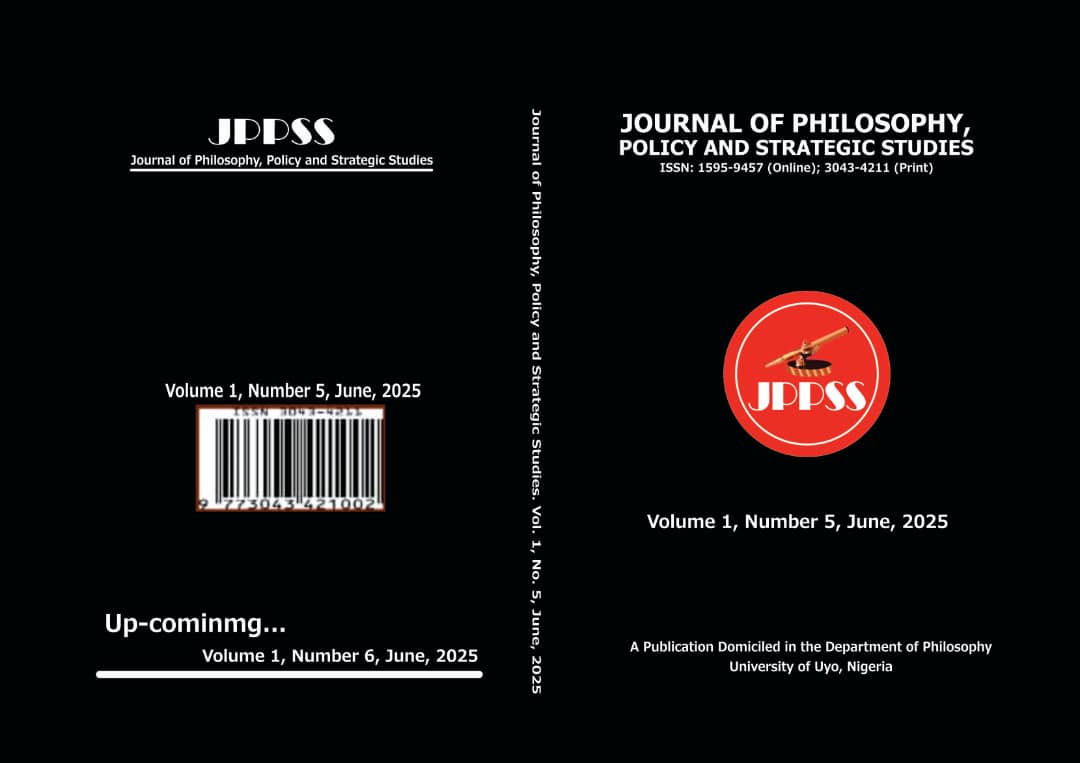SECURING THE LEGITIMACY OF EXECUTIVE POWERS THROUGH PUBLIC ADMINISTRATION
Uche Patrick Okoye 1
Okwukwe C. Nwaka-Nwandu 2
Angela Akhidenor 3
Obioma Nnanna Onyemachi 4
Department of Public Administration, School of Business and Management Technology
National Institute of Construction Technology and Management, Uromi, Edo State, Nigeria 1, 2,3&4
Corresponding Email: u.okoye@nict.edu.ng 1
Abstract
This paper analyses how public administration ensures the legitimacy of executive authority through the enforcement of legality, transparency, accountability, and ethical governance. Public administrators are tasked with converting legal frameworks into operational procedures, overseeing executive actions, and ensuring government operations adhere to constitutional and legal limits. This paper uses a descriptive approach by analysing documents to show that public administration is vital for democracy, helping to maintain the legitimacy of executive authority and reduce wrongdoing. Mechanisms such as audits, compliance checks, citizen engagement, and oversight serve to prevent the abuse of power, corruption, and executive lawlessness. The study highlights public administration as a stabilising force in democratic governance by referencing both historical and contemporary examples, including the functions of oversight bodies and administrative issues in Nigeria. Furthermore, it examines the difficulties and intricacies encountered by public administrators in reconciling conflicting demands and interests while maintaining legal principles and ethical norms. The paper concludes that, despite ongoing obstacles such as corruption and politicisation, enhancing administrative processes and cultivating a culture of legality can bolster the legitimacy of executive authority in contemporary administrations.
Keywords: Public Administration, Policy Formulation, Executive Branch, Policy Environment, Legal Framework


